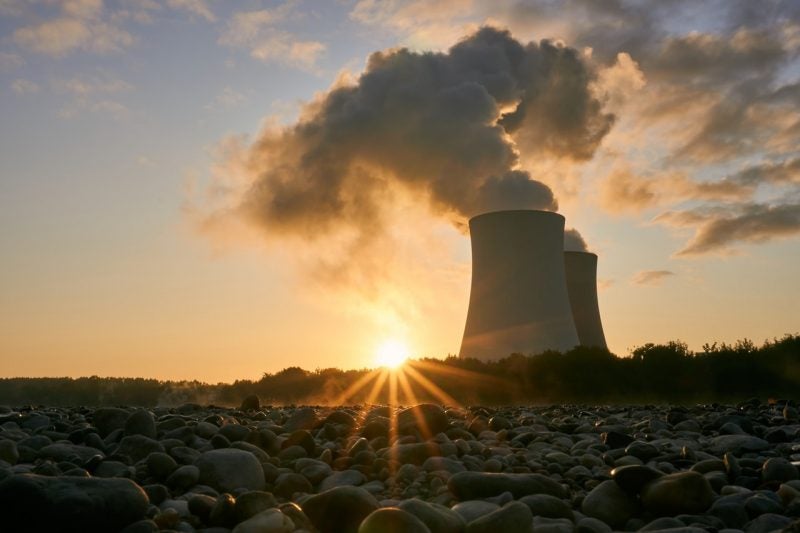A team of experts from the International Atomic Agency (IAEA) has found that Japanese utility Kansai Electric Power Company is implementing timely measures for the safe long-term operation of unit 3 at its Mihama NPP.
Under regulations that came into force in July 2013, Japanese reactors have a nominal operating period of 40 years; 20-year extensions can be granted once, but this is contingent on exacting safety requirements.
Kansai’s Mihama unit 3, a 780MW pressurised water reactor that entered commercial operation in 1976, was granted an extension by Japan’s Nuclear Regulation Authority (NRA) in November 2016, giving the unit a licence to operate until 2036. Unit 3 at Mihama was the third Japanese unit to be granted a licence extension enabling it to operate beyond 40 years under the revised regulations, following Takahama units 1 and 2, which received NRA approval in June 2016.
Following the disaster at the Fukushima Daiichi plant in 2011, Mihama shut down, lying idle until restarting in June 2021. It became the first Japanese reactor to operate beyond 40 years.
At Kansai’s request, the IAEA carried out a ten-day safety aspects of long-term operation (SALTO) mission to Mihama 3, which was completed on Thursday.
The SALTO review addressed strategy and key elements for the safe and long-term operation of the nuclear power plants. They can be carried out at any point in a nuclear power plant’s operating life, but the IAEA suggests the most suitable time lies within the last ten years of a plant’s originally foreseen operating period, carried out at the request of the IAEA member country in which the review takes place.
Martin Marchena, IAEA nuclear safety officer, said: “The team observed that Kansai is implementing measures for safe LTO in a timely manner and the staff at the plant are professional, open and receptive to proposals for improvement. Some ageing management and LTO activities already meet IAEA safety standards. We encourage the plant to address the review findings and implement all remaining activities for safe LTO as planned.”









